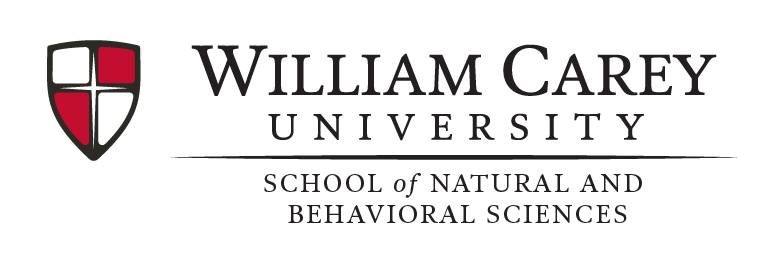Chemistry
Welcome to our Chemistry Program, where a world of discovery awaits students with diverse interests and career goals in the physical sciences. Our program offers both Bachelor of Science (B.S.) and Bachelor of Arts (B.A.) degrees, alongside a comprehensive minor in Chemistry. Tailored to cultivate a deep understanding across a wide spectrum of chemical knowledge, our curriculum covers inorganic, organic, analytical, and biochemistry, supported by essential physics and mathematics. Ideal for those eyeing advanced studies or careers in health-related fields, our program promises a robust foundation, hands-on research opportunities, and a pathway to a promising future in the chemical sciences. Join us to build your scientific expertise and pioneer in the realm of chemistry.
Program Overview
Hours
Completing the Chemistry major entails a commitment of 120 semester hours, encompassing a broad spectrum of coursework from foundational to advanced levels in chemistry, supplemented by relevant studies in biology, physics, and mathematics. The major is designed to be completed typically in four years of full-time study, offering both Bachelor of Science (B.S.) and Bachelor of Arts (B.A.) tracks to suit diverse academic and professional goals. For those interested in a more focused study, our Chemistry minor requires 21 semester hours, providing a solid introduction to the field. The length and structure of our programs are thoughtfully designed to ensure that students not only acquire the necessary knowledge and skills but also have the opportunity to engage in meaningful research and professional development activities.
Applicant Prerequisites & Requirements
Prospective students must:
Meet all undergraduate admissions requirements of the University
Complete an online application
Submit official transcripts via eScript or mailed from the institution
Career Outlooks
Graduates from our Chemistry program embark on a journey filled with diverse and promising career opportunities. With a solid grounding in chemical principles and practical research experience, our alumni are well-equipped for success in various sectors. Career paths include but are not limited to research and development in pharmaceuticals, environmental science, and materials science, positions in chemical and biochemical analysis, roles in government and policy-making related to public health and safety, and further academic pursuits in graduate or professional schools for medicine, dentistry, physical therapy, and pharmacy. Our comprehensive curriculum and hands-on research experience prepare students not only to meet the demands of their chosen careers but also to excel and innovate in their fields.
Find Your Calling
Embark on a journey to discover your passion and purpose at William Carey University. Here, education goes beyond textbooks, blending innovation, faith, and learning to prepare you for not just a career, but a calling.
Hattiesburg
710 William Carey Parkway | Hattiesburg, MS 39401
chemistry@wmcarey.edu | (601) 318 - 6083

